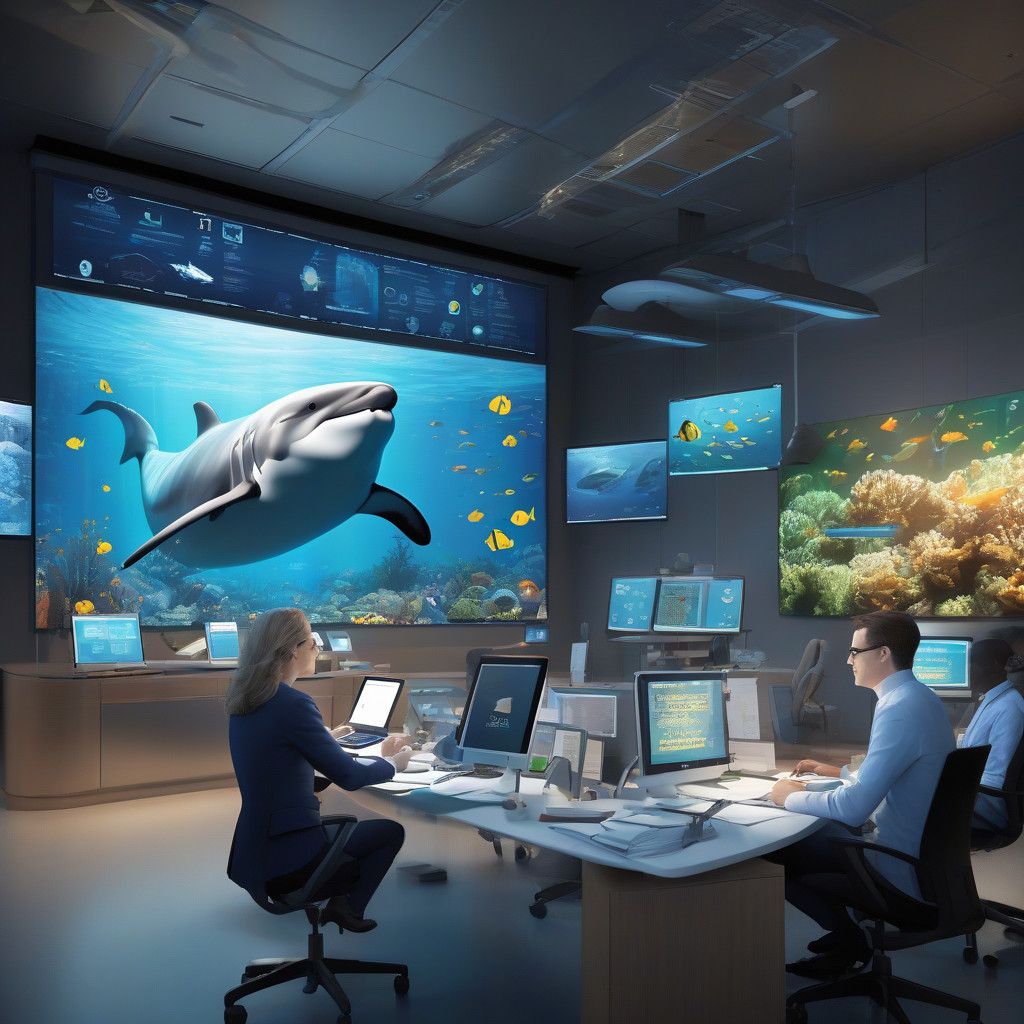The Ocean Foundation and its partners are at the forefront of transforming investment strategies through the lens of regenerative opportunity portfolios. Their focus centers on transitions prompted by environmental degradation, societal shifts, and technological advancements. However, building credible and sustainable portfolios is not devoid of challenges. The reputation of all partners involved plays a critical role in determining the success of initiatives aimed at improving economic, social, and environmental welfare.
In today’s world, innovation in the ocean economy has emerged as essential for human adaptability. As we face the ramifications of climate change and resource depletion, innovative ocean economy companies are not only positioned to yield substantial shareholder returns but also to foster ecological and social resilience. By placing a premium on innovation, investors can effectively hedge against inflation and set a trajectory for outperforming the market over the long term.
What exactly do we mean by innovation in the context of investment? It can be defined as the application of new ideas, methods, or products in ways that yield beneficial change. This process involves both the conception of novel concepts and their subsequent adoption in the marketplace. Unlike traditional investing, which often roams the terrain of predicting future earnings based on historical data, investing in innovation allows for a clearer radar on a company’s long-term potential.
As a result of the ongoing expansion of the internet, innovation cycles are expected to increase in rapidity, heralding swifter and more pronounced changes within industries and markets. The Ocean Foundation has leveraged over 15 years of ocean-centric thematic investing to refine its approach to selecting relevant themes and sub-themes. This involves a thorough examination of historical innovation patterns that encourage or sustain innovative activities, ultimately identifying dynamic companies engaged in those sub-themes.
A significant aspect of the foundation’s strategy is its focus on larger, established companies that have demonstrated an ability to enhance their existing offerings. These companies often rely on sustaining innovation, which is crucial for maintaining a competitive edge and overall financial health. Conversely, disruptive innovation, often led by startups introducing revolutionary methods, products, or ideas, is approached with a degree of caution. While disruptive firms may present unpredictable paths to ongoing innovation, the Ocean Foundation maintains a posture of readiness to seize opportunities should they arise.
To effectively harness the benefits of innovation, embedding equity into the innovation equation is paramount. The Ocean Foundation and its partners have identified four key driving themes and related sub-themes that reflect market trends necessitating sustainable solutions. Each ocean economy sector must align with the principles of the blue economy, where the pressing need for sustainable practices will dictate future developments.
Emerging sectors, particularly those in aquaculture, marine renewable energy, marine research, and marine construction, signify a substantial opportunity for both innovation and positive environmental and social outcomes. By centering investment strategies around regenerative opportunities, companies can minimize detrimental impacts while actively contributing to marine ecosystem recovery and increasing shareholder value.
Success in the ocean economy hinges on a comprehensive understanding of innovation patterns, as well as the unique challenges faced in ocean-related sectors. By concentrating on established companies with proven innovation capabilities while remaining alert to potential disruptors, investors can create robust portfolios that capture growth without sacrificing sustainability.
Additionally, integrating considerations of equity into innovation assessments ensures that investments not only generate financial returns but also support inclusive economic growth. This approach recognizes that sustainable ocean innovation must have advantages for all stakeholders, thereby preserving and enhancing marine resources for the benefit of future generations.
Mark J. Spalding, President of The Ocean Foundation and a seasoned expert in ocean policy, law, and investment, underscores the notion that investing in ocean-centric innovation paves a pathway for participants to not only engage with but also influence the future of the blue economy. His involvement as a senior fellow at the Center for the Blue Economy and as an advisor to various ocean-centric investment funds places him in a unique position to advocate for a sustainable future.
In conclusion, as investors seek new avenues for growth, the integration of innovative ocean economy companies into investment portfolios not only represents a sound financial strategy but also contributes to the vital sustainability of marine ecosystems. The imperative for change is now, and the ocean economy stands as a beacon for transformative growth, resilience, and shared success.












